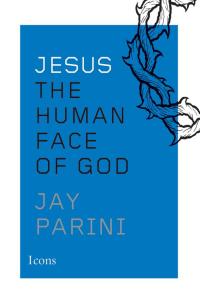We’re living through a historic moment. Following the lead of many others, I’ve decided to start keeping a COVID-19 diary. Don’t expect anything startling — just a few observations from someone stuck at home, lucky to be working and healthy.
Rather than writing a personal essay, I thought I’d follow up Diary #5 with some updates on religious gatherings during the pandemic. The early returns are discouraging.
In Mendocino County, California, a church that was apparently doing everything right has ended up fostering an outbreak of COVID-19. According to The Mendocino Voice, only three or four people were at the Redwood Valley Assembly of God Church for a live-streamed service that took place on May 10. Three, including the pastor, have been hospitalized, and the service has now been implicated in the infection of six people.
Ironically, the day after the service Pastor Jack McMilin posted on Facebook a photo of someone holding a sign reading “Why Can We Go to Walmart but Not to Church!??” Still, McMilin can’t be blamed for what happened. Live-streaming is the responsible way to hold religious gatherings these days, and we’ll be tuning in to our church’s service in a few minutes.
• Today’s New York Times — which has published a dramatic front page commemorating the nearly 100,000 Americans who have died — reports that 40 people who attended a service at a Baptist church in Frankfurt have become infected despite practicing social-distancing.
“We followed all the rules,” said a church leader, Wladimir Pritzkau. Ironically, the service was held on May 10, the same day as the Redwood Valley service. Based on the photo accompanying the story, the German service looks as safe as anyone could expect. But it wasn’t — something to think about as religious gatherings resume in Massachusetts.
• Finally, I don’t want to overlook White House press secretary Kayleigh McEnany’s despicable performance at a briefing on Friday. Pressed repeatedly on President Trump’s demand that churches be allowed to reopen, she said, “Boy, it is interesting to be in a room that desperately wants to seem to see these churches and houses of worship stay closed.” Oh, those godless commies in the media.
Fortunately, Reuters reporter Jeff Mason pushed back, saying:
I object to that. I go to church. I’m dying to go back to church. The question we are asking you and would have liked to have asked the president and Dr. [Deborah] Birx is, is it safe? If it is not safe, is the president trying to encourage that, or does the president agree with Dr. Birx that people should wait.
Talk about this post on Facebook.


